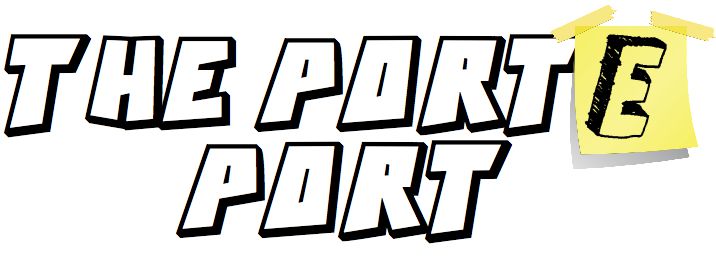What A Video Game Taught Me About Characterization
When you think video games, there's a lot of different images that can come to mind.
There's a nice bit of controversy about violence, there are hyper-aggressive gamers losing their tempers in online games, and there are hilarious glitches from unfinished games rushed by greedy and/or pressured publishers.
But any gamer knows that underneath the typical headlines revolving around the gaming industry, video games can have beautiful storytelling that any writer can learn from.
Hooking Your Audience In Your Story
Video games, just like books, typically aren't a single session experience. The story that unfolds is a time investment, and that means there has to be worthy things to connect to.
Books fail when there are boring characters, convoluted plot lines, and no conflict.
Video games fall into the same pitfalls. This is why it's important for both mediums to grab the audience's attention quickly.
One of the best ways to do this is by connecting the players and readers to the characters.
Video games have the unique fortune and obstacle of allowing the audience to actually step into the role of the main character.
This isn't someone you are rooting for, relating to, and empathizing with, rather, this is someone you are becoming.
There's an extra layer, and it becomes so much more important to understand the character because the audience has to step into those shoes in a way other storytelling platforms can't quite match, even in first-person perspective narratives.
So why does this matter?
A good video game will capture your mind early on and immerse you in a character as quickly as possible. Any writer, using any medium, should be taking notes.
If a game doesn't connect the player to the main character's motivations, fears, obstacles, hopes, dreams, flaws, and relationships, why should the audience stick around for another forty, sixty, or one-hundred hours?
Games can take their sweet time to reveal their story so there better be good reasons to invest.
The same goes for your writing.
Have you revealed anything about your characters on the first page? In the first chapter? If your audience is going to keep reading, you had better make them see something in your characters that interest them.
As soon as possible.
Characterization in Horizon Zero Dawn
One of my favorite recent examples of a game doing this well is from Horizon Zero Dawn. This story can take a complex game world, filled with history that is uncovered in pieces along the way, and make it something personal in the first ten minutes.
In Horizon Zero Dawn you take the role of a young hunter named Aloy, in what seems to be a primal setting.
The game begins immediately giving you the basics that will be so important to her character. The culture, her relationship with her father figure, and bits of a history that seems to be formed from our own modern era are all introduced to you before the title of the game even shows up on the screen.
It doesn't go into any minute details; it gives the audience just enough to go with and understand why the characters will act the way that they do from here on out in the story.
The pivotal scene comes next.
The audience sees Aloy as a child wanting to connect with the other children. She attempts to prove her worth by showing one of the adults of the tribe her gathering skills, like she had just seen another child do. Aloy is shunned by everyone in the tribe, and she runs off angry, not knowing exactly how to deal with these feelings.
She is an outcast and is learning the realities of that status.
She falls into the ruins of a building, the audience recognizes as something of a modern lab and finds a device that has a stored recording on it.
In it, a man wishes his child a happy birthday, saying that he wishes he could be with them. Aloy runs through this recording over and over and delights in having someone acknowledge her and, even in a recording, feel loved.
It's at this moment that the audience feels something deeper about her character. In a scene we are learning the mysteries of the lore and background of the game world, we also get to see this simple and beautiful moment of a child's need to connect to others.
Everything else stems from this tiny interaction, and the game adds that extra layer of characterization that allows the audience to step into her mindset and become her in some form.
Now there's motivation for everything, and instead of simply guiding a character through this world, the audience can react and grow as someone else.
All in the first ten minutes of playing.
Horizon Zero Dawn is a long game, around forty hours if the side quests are taken on, and longer than that for completionists wanting to explore every nook and cranny.
The audience needs a reason to invest that kind of time into something. If the story falls flat, it won't matter how good the gameplay is, not for that kind of time investment.
How do you tell a good story? It starts with the characters in it.
What about you? As you work on your writing, your book, short stories, screenplays, whatever the case might be, are you connecting your audience to your characters?
Take a lesson from gaming and find something your audience can invest in. Give them a reason to stick to your story and care about the characters you have created.
Let your audience become someone else.
If you want to get more geeky advice to supercharge your writing, sign up for my newsletter. We will explore the storytelling techniques of our favorite games, movies, shows, and books to see how we can apply those skills to our writing. Check it out:






